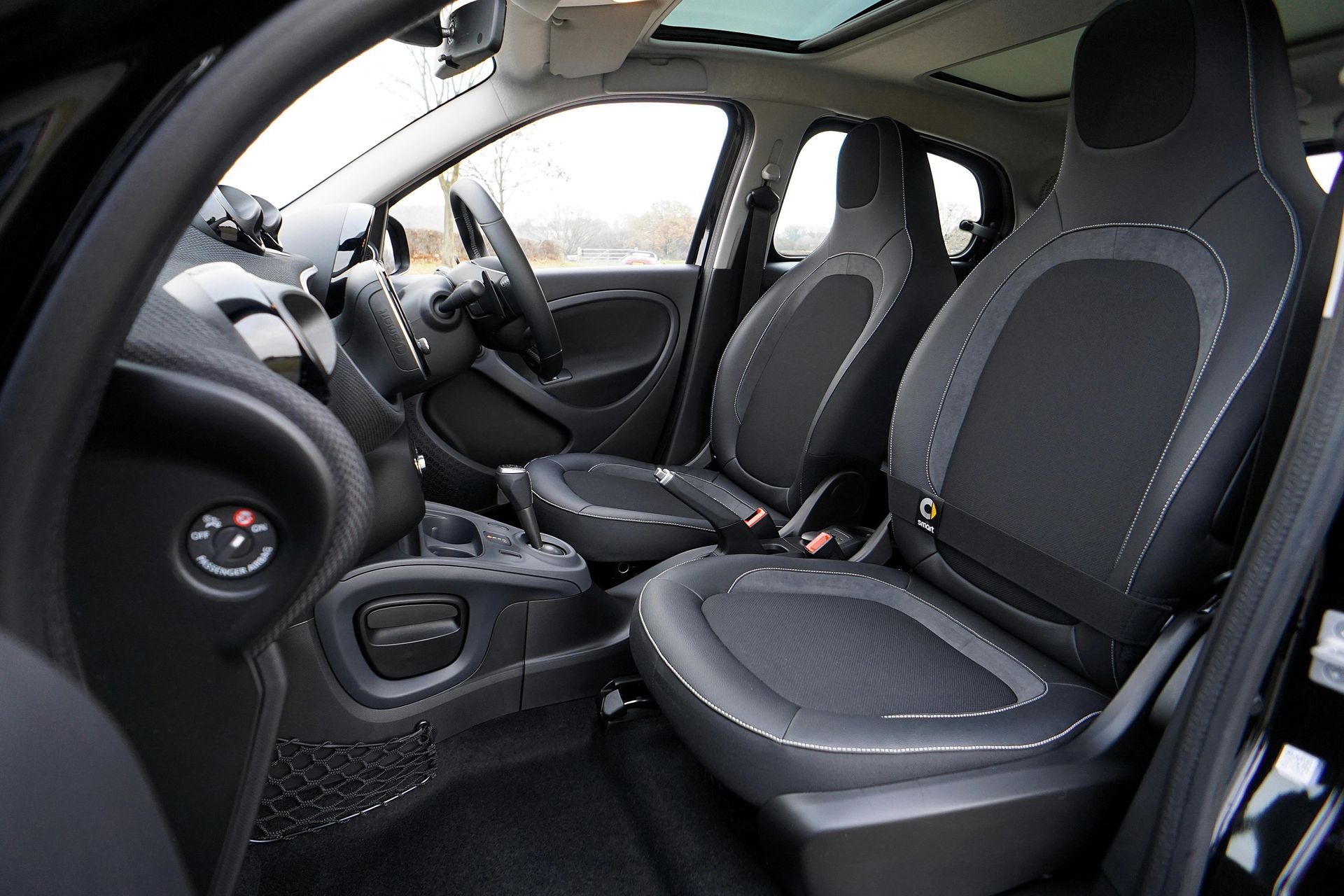Does Your Car Have Low Engine Oil Pressure?
Car oil lubricates the various engine components. Lack of oil or poor oil quality can cause the parts to rub together, causing friction and overheating. If the engine oil pressure is low, then that means the engine is not receiving sufficient lubrication.
WHAT CAUSES LOW ENGINE OIL PRESSURE?
1. Lack of Oil
Since oil is changed only every 3,000-5,000 miles, people often forget about it completely, failing to take action until a problem arises. Be sure to change the oil at an auto service according to the vehicle’s user manual.
2. Engine Wear
Even fresh oil can’t do its job to the max if the engine is worn to begin with. Engine wear causes a wider clearance between the cam and crankshaft bearings. This will cause the oil to more rapidly pass through, reducing its pressure.
3. Faulty Oil Pressure Gauge
An oil pressure gauge alerts the owner when the pressure is below optimal. A faulty gauge can indicate a false reading and show that everything is fine when in fact pressure is low.
4. Dirty Oil Filter
A clogged oil filter can reduce pressure. Filters have a pressure relief valve that prevents the pressure from increasing to dangerous levels. However, if the relief valve is damaged, then oil will pass more freely through the engine, causing pressure reduction.
5. Oil Viscosity
Oil with high viscosity is thicker and may not flow as smoothly. This may prevent oil pressure from elevating to a set level.
WE’LL GIVE YOUR ENGINE A COMPLETE RUN-THROUGH
Bring your car to Premier Auto Service if you suspect engine performance issues. Our auto repair service can check the engine, filter, gauge, and current condition of the oil to be sure everything is running smoothly. Our repair financing makes the service affordable. Low engine oil pressure is a serious problem that can degrade the engine and risk.
Complete Engine Diagnoses for all Car Models
Serving Customers in Kent, Seatac, Des Moines and Federal Way







